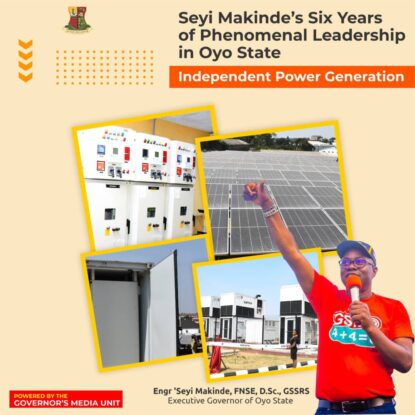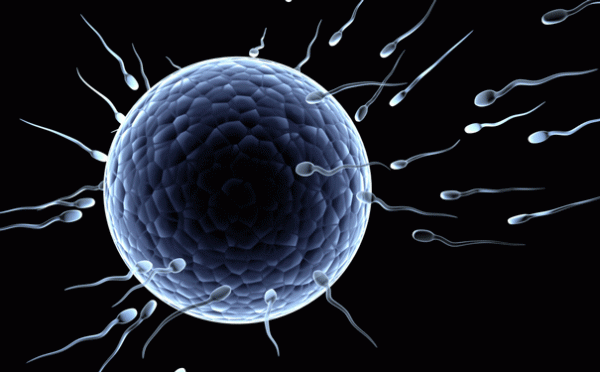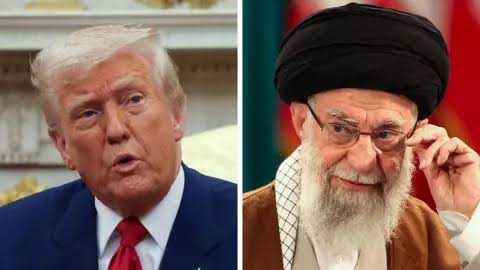In one hour, AI finds viable sperm in man deemed infertile for 18 years
In one hour, AI finds viable sperm in man deemed infertile for 18 years
Researchers at Columbia University Fertility Center in the United States have used artificial intelligence (AI) to detect viable sperm in a man previously diagnosed with infertility.
The Washington Post reported on Friday that the man, who was diagnosed with azoospermia, a condition characterised by an extremely low or absent sperm count, and his wife had been trying to conceive for 18 years.
According to TODAY, in March 2025, the woman received the first successful embryo transfer fertilized by cells retrieved with the new artificial intelligence process, and she’s now pregnant.
How the AI sperm detection works
Zev Williams, the lead researcher and director of the university’s fertility programme, said laboratory technicians examined the patient’s semen sample for two days without detecting any sperm. However, after applying an AI-powered system, they were able to identify 44 viable sperm cells in less than an hour.
“Labs searched for two days and found nothing. We ran the same sample and found 44 sperm within an hour,” he said.
“That changes everything for a couple who thought they had no path forward.”
Called Sperm Track and Recovery (STAR), the system combined an AI algorithm for detecting sperm with a fluidic chip that passed the semen sample through a tiny tubule on a plastic chip. As the sample moves, a microscope connected to a high-speed camera captures millions of images in rapid succession.
These images are then scanned in real time by AI software trained to detect viable sperm cells. Once identified, the sperm can be preserved through freezing or used in in-vitro fertilisation (IVF) via intracytoplasmic sperm injection (ICSI), a technique where a single sperm is injected directly into an egg.
Researchers said the method shortens the time spent searching for sperm and helps avoid invasive surgical procedures that are often required to extract sperm directly from the testicles.
Experts weigh in
Robert Brannigan, president-elect of the American Society for Reproductive Medicine, described the innovation as “promising”.
“Even the discovery of a single viable sperm can be life-changing,” he said.
On her part, Allison Rodgers, a reproductive endocrinologist at Fertility Centers of Illinois, said the findings reveal gaps in current fertility methods.
She added that she believes AI will play a key role in the future of IVF.
“It’s amazing and makes me realize that maybe what we thought was advanced still has a long way to go,” she said.
“I think AI is going to absolutely revolutionize IVF.”
However, Gianpiero Palermo, an infertility specialist at Weill Cornell Medicine, called for caution and emphasised the need for further validation of the technology.
“You are attracting patients who have been told they have no sperm and offering what may turn out to be false hope,” Palermo said.
Williams and his team said they are exploring ways to adapt the system for other uses, including identifying healthy sperm, eggs, and embryos.






















